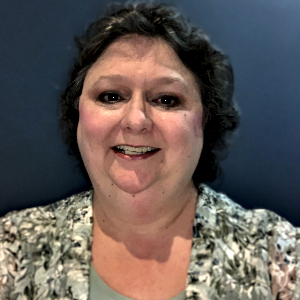
(By Harmony Tenney) Let your sales reps know each client has more dollars available to work with than those earmarked for marketing. Encourage them to expand their network within businesses and organizations to develop multiple profit centers.
A great example of this expanded opportunity is community colleges. The most obvious profit center is enrollment. There are several enrollment periods each year. Other departments, while not so obvious, also have objectives and budgets.
Performing Arts: Giving public concerts, dance performances, and art shows is part of the coursework. They need audiences to purchase tickets to pay for these events. A “season ticket” campaign can help bring in additional dollars, as well as advertising for each show. Couple this with on-air giveaways.
Human Resources: Always hiring, community colleges are stable employers, with an increasing emphasis on filling new positions. Today’s emphasis on workforce development has them adding-on and building more classrooms.
Alumni Relations: Every institute of higher learning needs to have a strong alumni donor development program. They have extensive budgets, and very distinct fundraising objectives and timelines. They use direct mail, one-on-one ASK meetings, fundraising events, and email. Using radio is something they’ve not thought of. There’s a huge learning curve, but the sense that radio makes for this objective is irrefutable.
Share that your campaign will attract new alumni donors, stimulate conversations about giving to the college, and build bridges to current and lapsed donors, with a strong call to action. Offer to build the scripts with success stories, the culture of the college, and a vision of what each donation makes possible.
Career Services: Many students enroll to become qualified for a job or go further in their career. The Career Services department’s mission is to get every graduate a job they’ll be happy in, or will help them move forward towards that position. They host job fairs for students and community members, building their brand as a hub for the area’s workforce – matching qualified students with employers that can hire them.
Community Outreach: Some colleges have staff specifically assigned to hold mini-orientation/Q & A events throughout the areas they serve. These mini-talks at libraries, community centers, and neighborhoods, allow for one-on-one interaction, a personal hand-off of tailored, onboarding info, and a first-hand knowledge/relationship with someone inside the institution.
Ads for each of these events provide greater awareness of the college’s service area, share a few questions that will be answered, and a way to RSVP. If these are held in close succession, include three at a time, with updated copy as each event concludes.
Workforce Development: Employers are clamoring for both entry-level and skilled workers, and community colleges have stepped up their game, offering everything from certificates to specialized training (in trades, healthcare, and business skills). Some companies ask for on-site training, and they’re being accommodated. Due to their specialized nature, they fall outside the required degree coursework, and have their own budgets to attract students and build employer engagement.
As radio reps grow the various strategies they offer businesses and organizations, they can also grow their revenue harvest within each account. It’s not just more cost-effective to work with current clients than work to get new ones; it’s very profitable to pick all the ripe fruit at hand, not just the low-hanging bits.
Harmony Tenney MBA is a Marketing Consultant at Charlottesville Radio Group and can be reached at [email protected]





